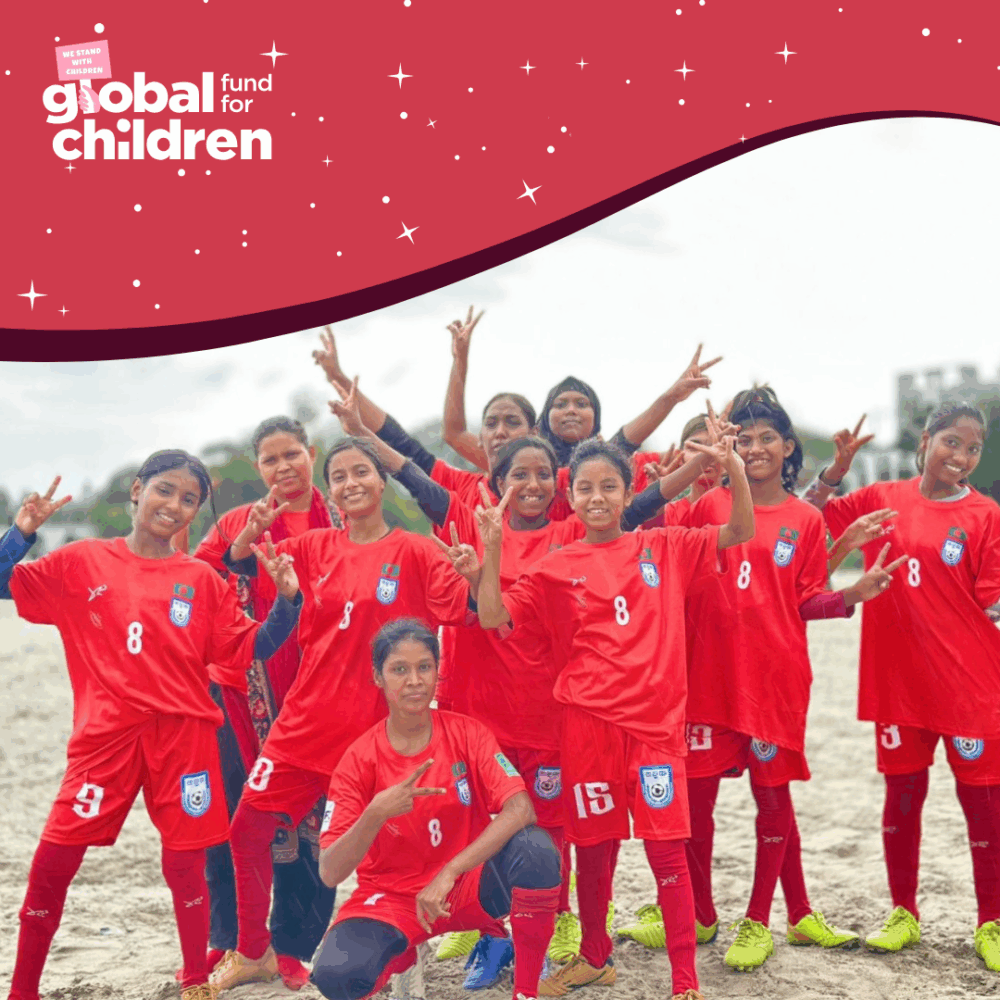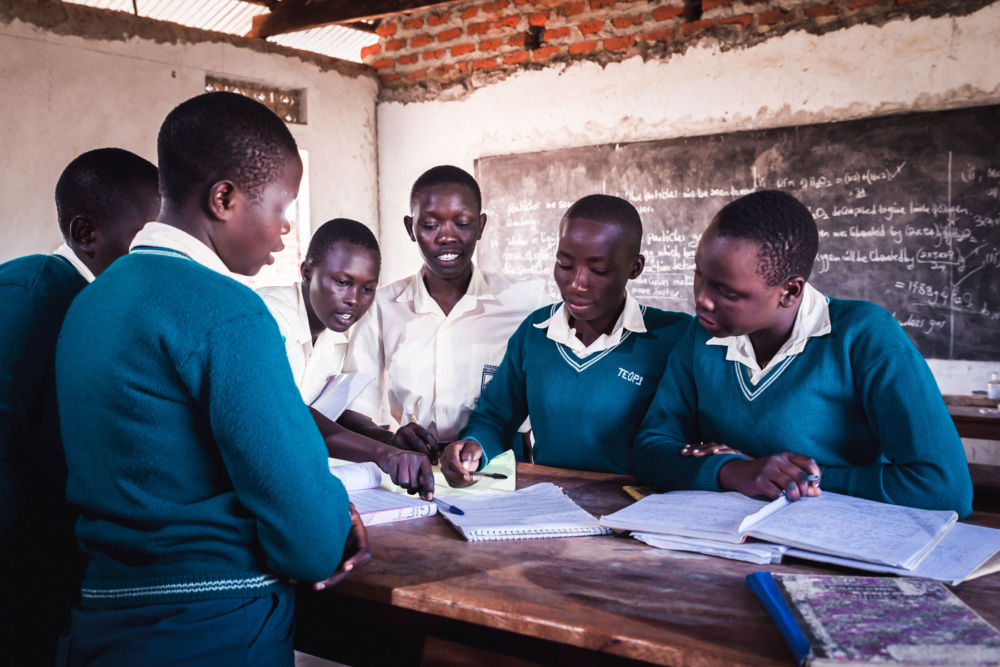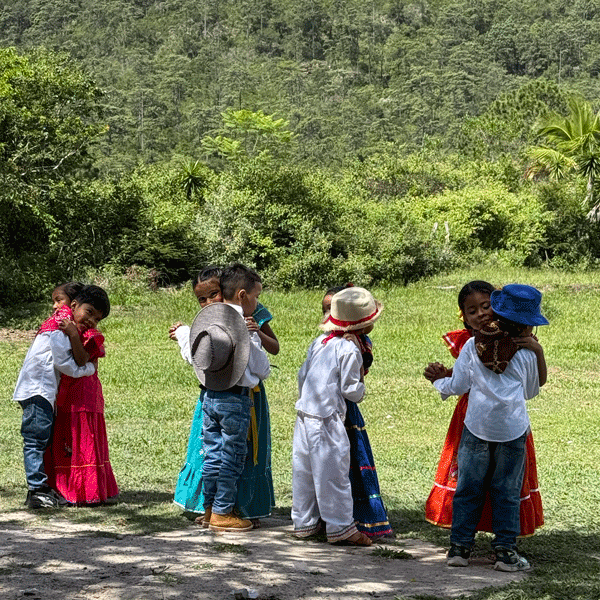
Educación
Junto con socios comunitarios de todo el mundo, podemos generar un cambio significativo para los niños, los jóvenes y las comunidades, desde la mejora de la educación y el acceso a ella hasta la reducción de la violencia, especialmente contra las niñas.
¡Cada donativo cuenta y este invierno cada donación se duplicará gracias a la iniciativa $10,000!
Educación
“A todos los niños: sueño con un mundo donde puedan reír, bailar, cantar, aprender, vivir en paz y ser felices”. – Malala Yousafzai
África es el hogar de 628 millones de niños y jóvenes menores de 25 años, y esa cifra está creciendo rápidamente. Según la mayoría de las estimaciones, la población joven del continente al menos el doble En el próximo medio siglo, África, a pesar de su población joven, sigue rezagada en la mayoría de los indicadores, incluida la educación. Por ejemplo, en el África subsahariana, 34 millones de niños En edad de asistir a la escuela primaria actualmente no asisten a la escuela.
Esta dinámica genera una necesidad urgente de intervenciones innovadoras y sostenibles que aborden las barreras que impiden el empoderamiento de los niños y los jóvenes en África. Es fundamental que promovamos sus derechos y aseguremos su futuro, ya que el continente aspira al desarrollo económico y social.
Cada año, el 16 de junio, conmemoramos a los jóvenes que fueron asesinados durante los levantamientos de Soweto en Sudáfrica en 1976, cuando miles de estudiantes negros marcharon por su derecho a una educación más justa. El Día Internacional del Niño Africano nos permite reflexionar sobre la condición de los niños en África y examinar estrategias para seguir mejorando su educación. Para conmemorar el día de este año, compartimos dos reflexiones sobre cómo abordar varios desafíos que enfrentan los niños en todo el continente.
[image_caption caption=”El Centro de Desarrollo Infantil de Little Rock, socio de GFC, dirige el primer centro de educación infantil inclusivo para niños con discapacidades en el barrio marginal de Kibera, en Nairobi. © Kevin Ouma”]
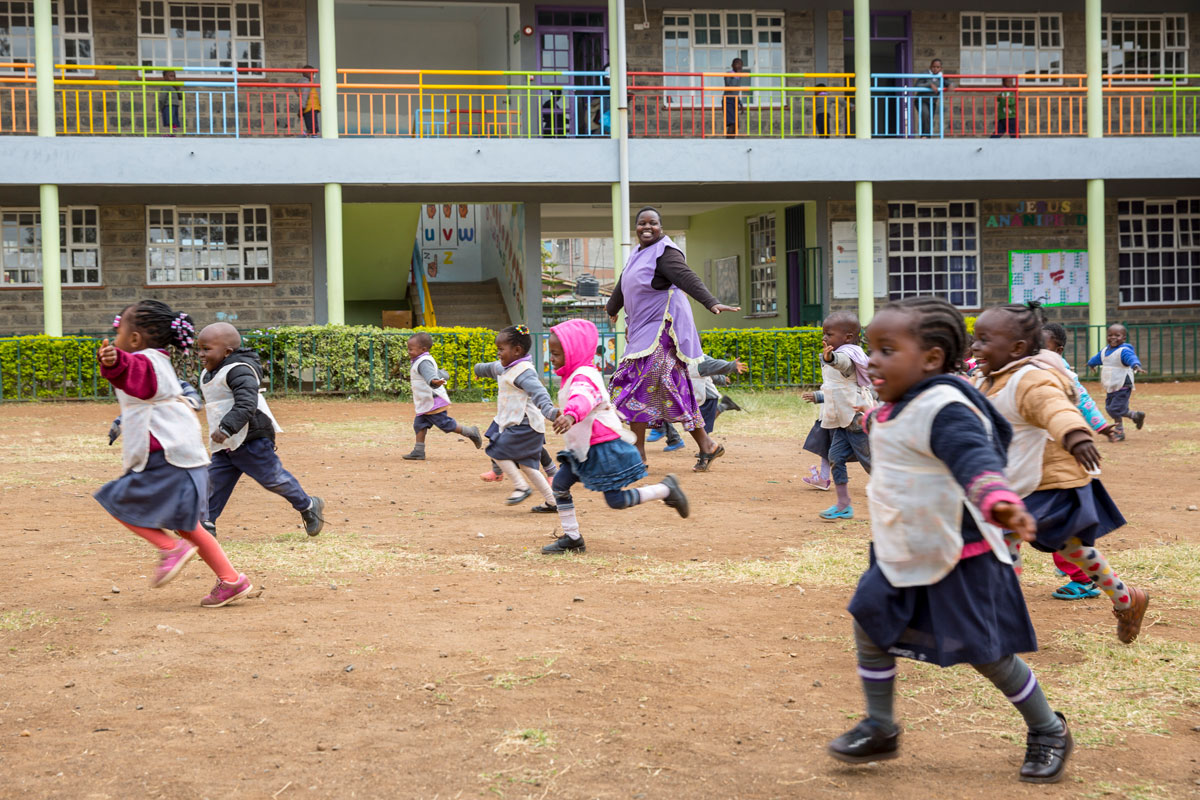
[/caption de imagen]
Proporcionar a un niño una educación de alta calidad le transfiere conocimientos, le infunde confianza y elimina las barreras que le impiden acceder a oportunidades. Se podría decir que es la fuerza más empoderadora del mundo.
A pesar de los numerosos avances logrados en materia de educación, los niños y jóvenes africanos no están lo suficientemente preparados para competir en el mundo radicalmente cambiante en el que crecen. Para hacer frente a esta dinámica actual, es necesario adaptar la educación para que responda a las necesidades del continente en el mundo actual.
Necesitamos adoptar enfoques nuevos y creativos para la educación, reconociendo que el aprendizaje es fluido y puede tener lugar fuera de los límites físicos del aula. Mediante inversiones en enfoques como programas extraescolares y grupos de aprendizaje entre pares, o en Educación de segunda oportunidad para las niñasLos niños y jóvenes pueden desarrollar el deseo de adquirir conocimientos y construir las herramientas para mejorar y protegerse para el futuro.
[image_caption caption=”RICE-WN, socio de GFC, trabaja para transformar las vidas de los jóvenes, en particular las niñas, en las zonas rurales del norte de Uganda mediante apoyo educativo, asesoramiento, desarrollo de liderazgo y capacitación en habilidades empresariales. © Giovanni Okot”]
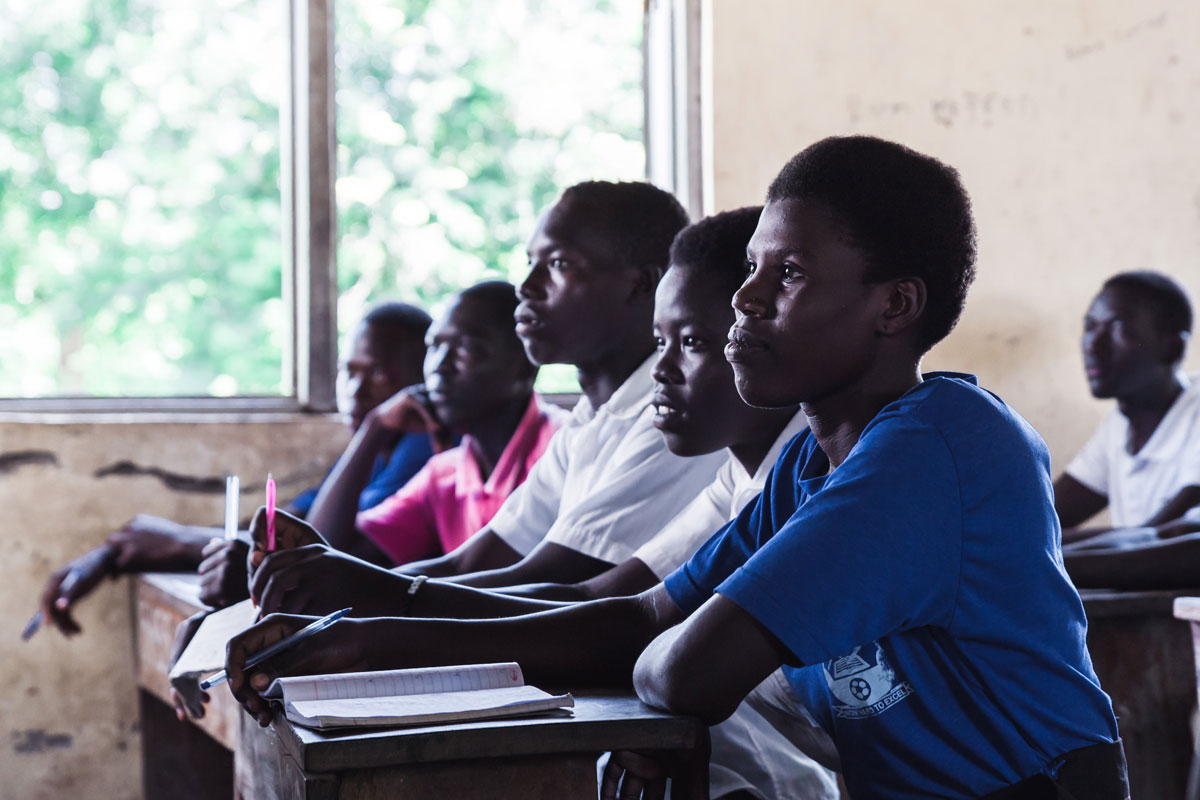
[/caption de imagen]
Las organizaciones comunitarias, que suelen surgir como respuesta directa a las necesidades de sus localidades, están en una posición privilegiada para ofrecer respuestas inmediatas, localizadas e innovadoras al desafío de la educación en África. Debemos reconocer y apoyar las increíbles capacidades que ya tienen estas organizaciones comunitarias. Al hacerlo, ayudamos a las organizaciones locales a posicionarse mejor para trabajar en pos del aumento del bienestar de los niños y las familias.
El éxito futuro de África depende de su capacidad para mejorar las habilidades de su creciente población juvenil. Las organizaciones comunitarias desempeñarán un papel fundamental para garantizar que ningún niño africano quede desatendido y que todos los niños tengan la capacidad y el apoyo necesarios para recibir una educación que los prepare para participar con seguridad y de manera significativa en el mundo.
En este espíritu, el Fondo Mundial para la Infancia seguirá buscando oportunidades para invertir en organizaciones comunitarias en África y en todo el mundo, para ayudar a los niños y jóvenes a alcanzar su máximo potencial y promover sus derechos. Únase a nosotros para celebrar el día del niño africano.
